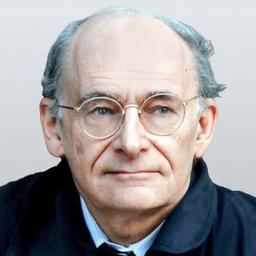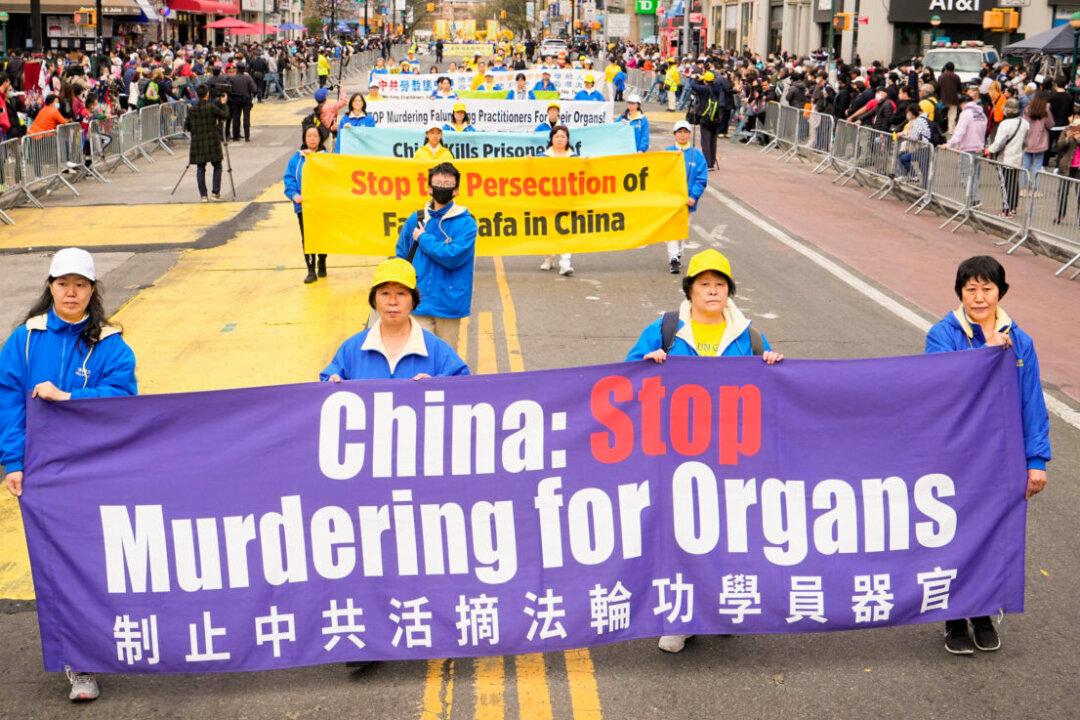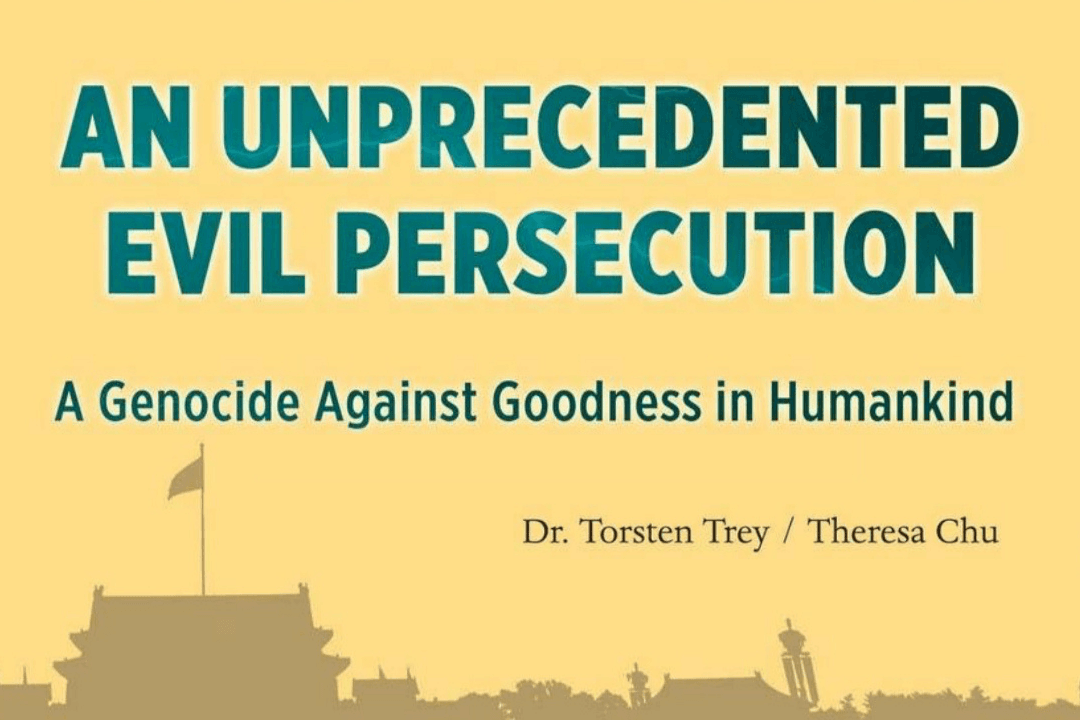There needs to be more of an effort in the Middle East to combat transplant tourism from the Middle East. National professional associations should require compliance with international standards.
My focus is, in particular, transplant tourism from the Middle East into China. Why I have this focus will, in the course of this presentation, become apparent.
International Standards
These professional international standards worth noting:- The Transplantation Society Ethics Committee Policy Statement ‑ Chinese Transplantation Program November 2006 and Mission Statement (TTS).
- The Declaration of Istanbul on Organ Trafficking and Transplant Tourism May 2008 (Istanbul)
- World Health Organization Guiding Principles on Human Cell, Tissue and Organ Transplantation, May 2008 (WHO)
- World Medical Association Statement on Organ and Tissue Donation October 2012 (WMA)





